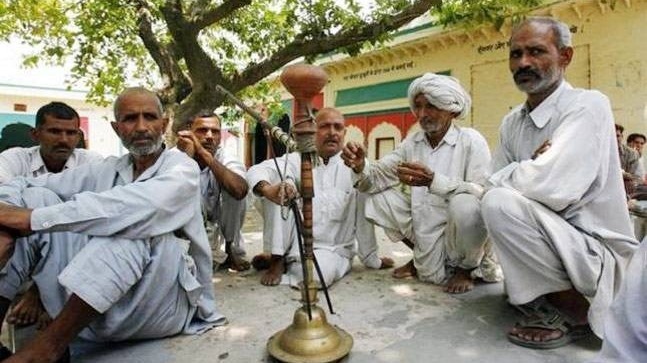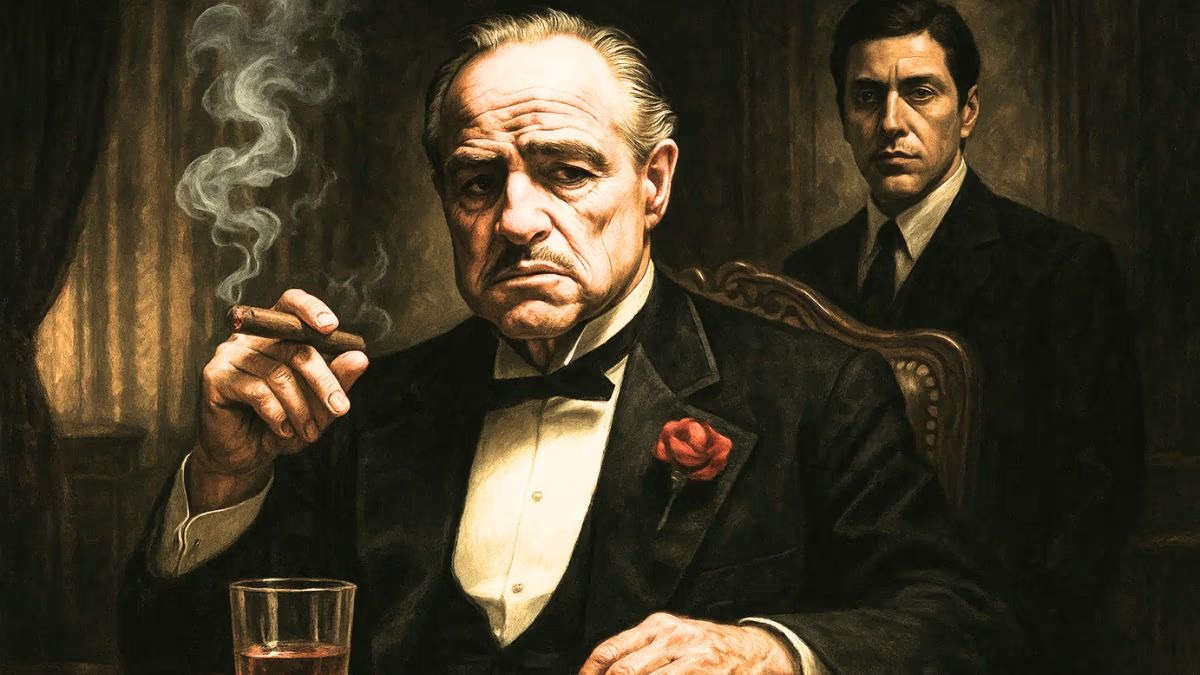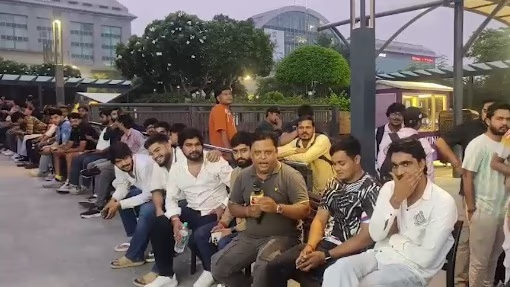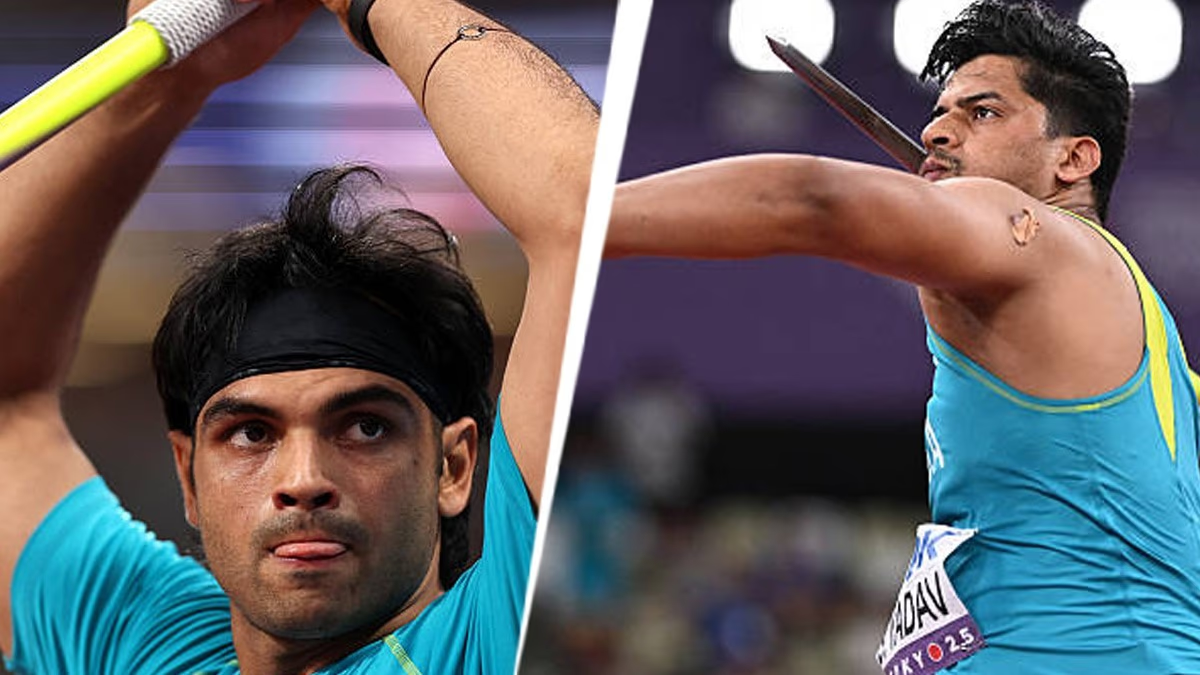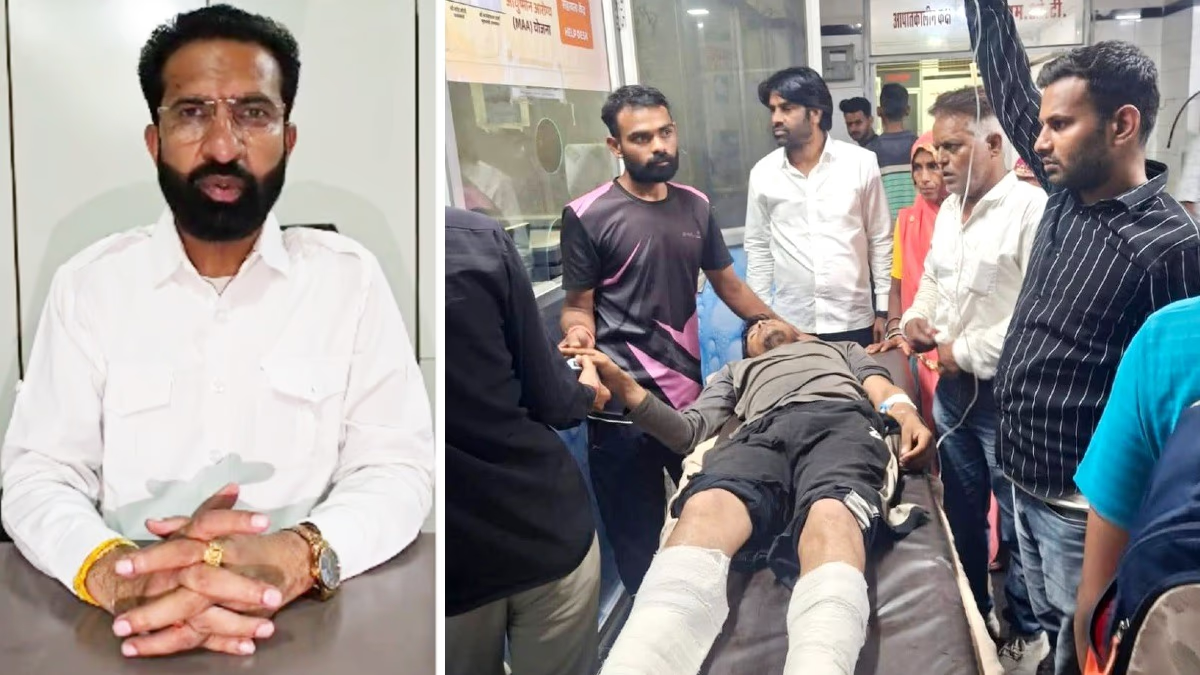After the Lok Sabha elections, Haryana prepares for its assembly elections this year. Recent events suggest that the influential Jat community could significantly affect both the Lok Sabha and assembly elections. Currently, there seems to be a rift between the Jats and the BJP.
The term 'farmer' in Haryana essentially means Jat. The farmers' protests and the government's response have soured their relationship with the BJP, leading to widespread discontent among the farming community.
A Mounting Pile of Challenges!
Both the BJP and its ally JJP are facing the brunt of the farmers' protests. Party leaders are met with hostility during their campaign efforts in villages.
In Sonipat, 24 villages of the Dahiya Khap declared a boycott of the party. Similar responses were seen in Sirsa. BJP candidate Dr. Ashok Tanwar faced protests at his rallies in Fatehabad. Dushyant Chautala was barred from entering a Jat stronghold in Hisar's Narna village on April 5th.
Reservation is a tricky issue. Accusations of neglecting the Jats are widening the divide between the community and the saffron party, especially in rural Haryana. The BJP is attempting to connect with local Jat leaders to overcome this challenge.
Political analyst Gurmeet Singh from Chandigarh says that in the past decade, the Jat community was deprived of power that revolved around non-Jat politics. He believes that the Jats might be more focused on the assembly elections than the Lok Sabha.
The split of JJP from BJP is a significant hurdle as it leaves the latter without a key partner that could sway Jat voters. Haryana Congress spokesperson Kewal Dhingra points out that despite a decade in power, the BJP has failed to alleviate the discontent among the Jat community, even failing to satisfy their Jat leaders.
Prominent Jat leaders like OP Dhankhar and Captain Abhimanyu were overlooked in the Lok Sabha elections. Another important leader, Chaudhary Birender Singh, has recently switched from BJP to Congress.
The Influence of Jats
Since Haryana's formation in 1966, Jat leaders have dominated the state's politics, even though they make up less than a third of the population. With an approximate 26-28% share, they remain influential.
It's estimated that Jats have a strong presence in about 36 of the 90 assembly seats and significantly influence 4 out of 10 Lok Sabha seats. For two of these seats, the BJP has fielded formers Congress leaders like Ashok Tanwar and Naveen Jindal.
A C-Voter Tracker survey indicates a shift in Jat voting patterns. BJP faces a challenge in the Jat belts as the voting trends have shown a decline in support.
One problem for the BJP is the lack of strong or influential Jat leaders. Historically supported by non-Jats, BJP had marginalized the influence of Jats during previous elections by appealing to these communities.
However, BJP can't afford to ignore the Jat community. While BJP can attribute its victories in the 2014 and 2019 elections to the Modi wave, the fragmentation of Jat votes played a role as well.
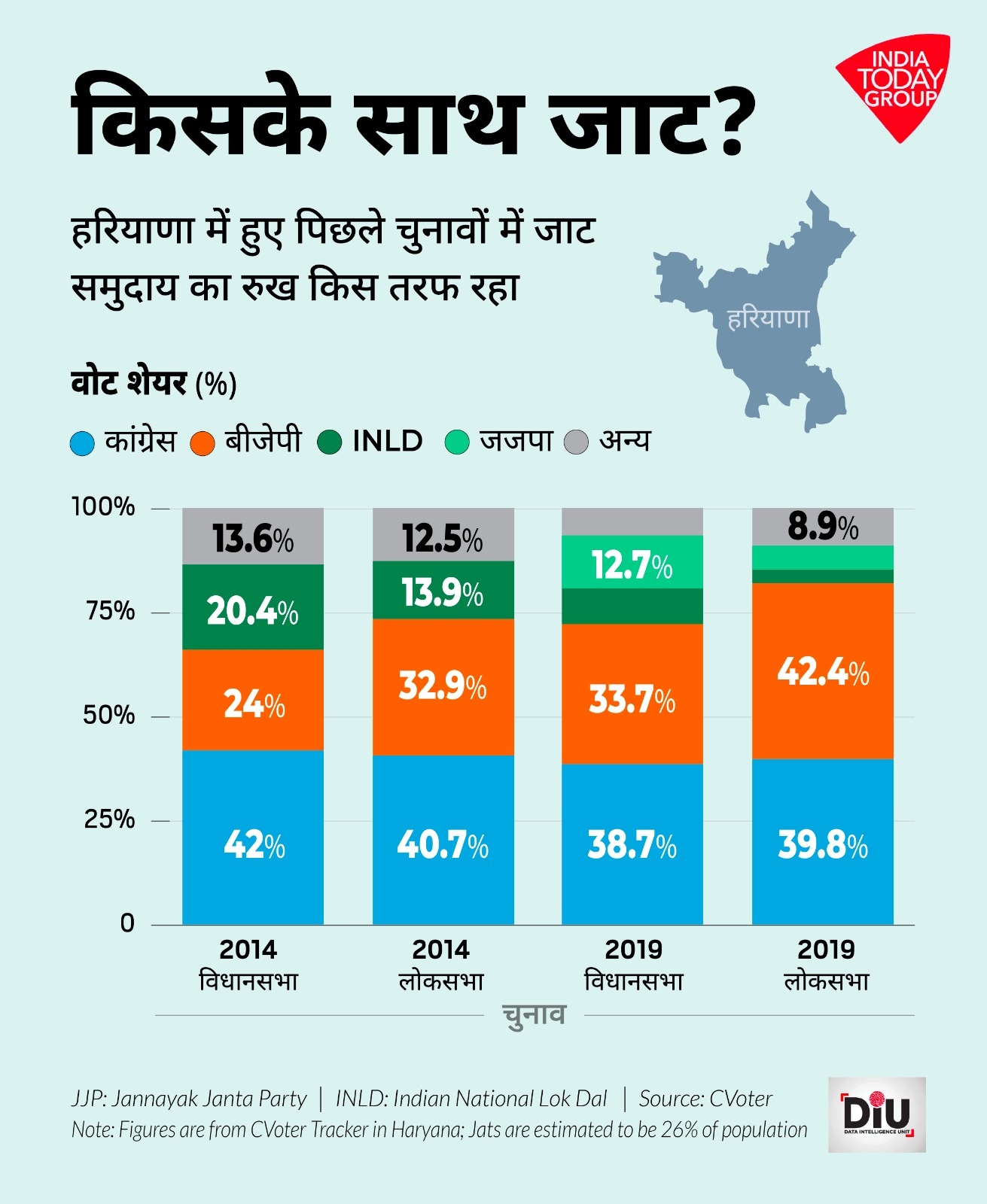
Source: aajtak
The Legacy of Jat Politics
In its 58-year history, Haryana has had 33 Jat Chief Ministers. Notable non-Jat CMs include Bhagwat Dayal Sharma and Rao Birender Singh, alongside Bhajan Lal from the Bishnoi community, Punjabi Manohar Lal Khattar, and the current OBC leader CM Nayab Singh Saini.
The Devi Lal, Bansi Lal, and Bhupinder Singh Hooda families have ruled the state for the longest periods. With Bhupinder Singh Hooda eyeing the Chief Minister's seat once more, the political landscape is gearing up for intense competition.
Another influential Jat family is that of Chotu Ram. His grandson Birender Singh has served as Union Minister and is currently a Rajya Sabha member. His wife Prem Lata Singh is an MLA, and their son Brijendra Singh is a Hisar MP who recently resigned from BJP and is slated to contest the Lok Sabha elections under the Congress banner.
Will Congress Reap the Benefits?
When the Congress government, led by Bhupinder Singh Hooda, held power for 10 years, the Jat vote was unified despite divisions within the party. Hooda has shown interest in contesting the assembly elections rather than the Lok Sabha polls.
Another influential Jat leader, Birender Singh, has declined to contest the Lok Sabha elections, favoring his son, a former IAS officer, to run for office.
Excluding the 2019 Lok Sabha elections, Jats have shown more trust in Congress and INLD for assembly elections. With INLD embroiled in familial disputes, Jats are disgruntled with BJP, which could swing the votes towards Congress.
Congress leads in influence within the Jat belt, followed by INLD. However, the internal strife in the Chautala family and Congress could still provide an opening for BJP. The real question remains, will it be enough? Only time will tell.
